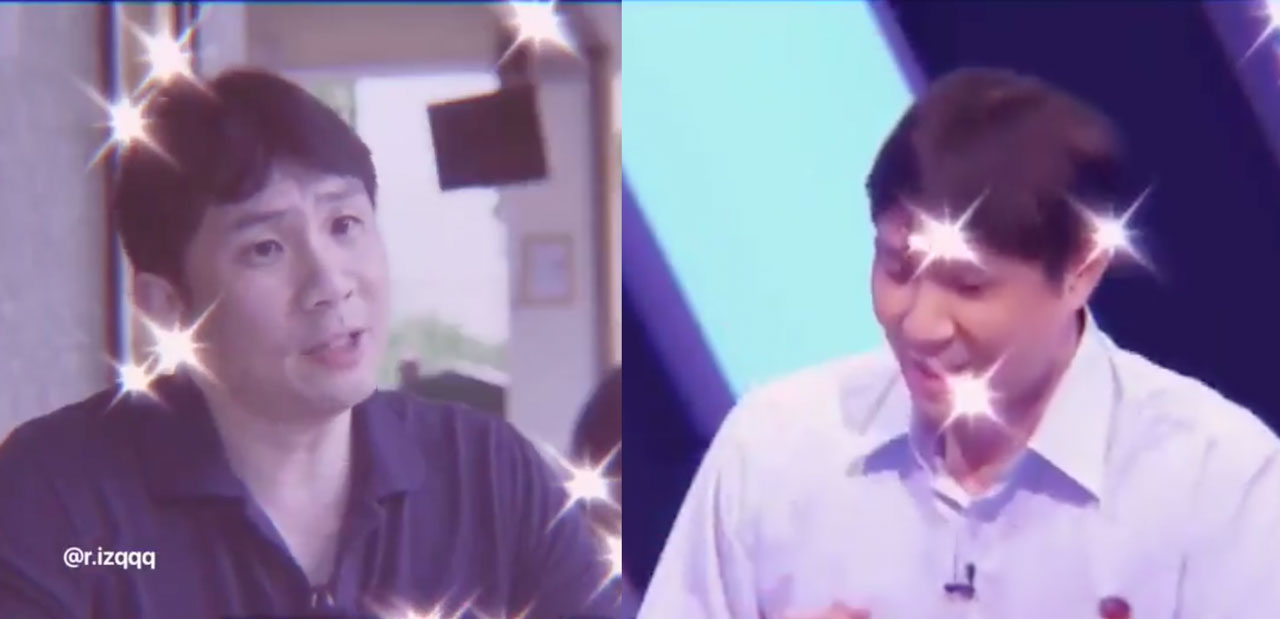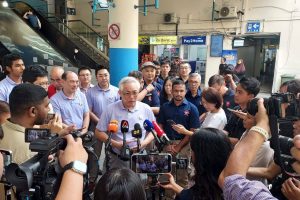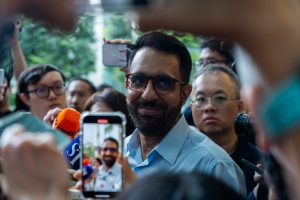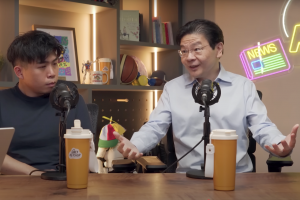Top image credit: @r.izqqq
Disclaimer: RICE does not endorse or support any political party in Singapore.
As social media plays a more prominent role amidst a “virtual” campaigning season, will we see the rise of personality politics centred around building winnable political brands and personalities?
The Workers’ Party has without a doubt been the most savvy at this game.
Raeesah Khan has won fans over with her down-to-earth personality, tweeting about her cats and seeing her therapist. Her tweets represent a kind of “authentic” intimacy that younger voters want to see. Some have also compared her to the US’s AOC, with her particular brand of fiery oratorical skills and progressive politics.
Similarly, Jamus Lim is the current *star* of the moment following his impressive showing at Monday’s political debate. Numerous fancams have since sprouted across social media, highlighting his best clapbacks and hot takes (including his pithy rebuttal to Vivian Balakrishnan about whether the WP is just “a half-step left”).
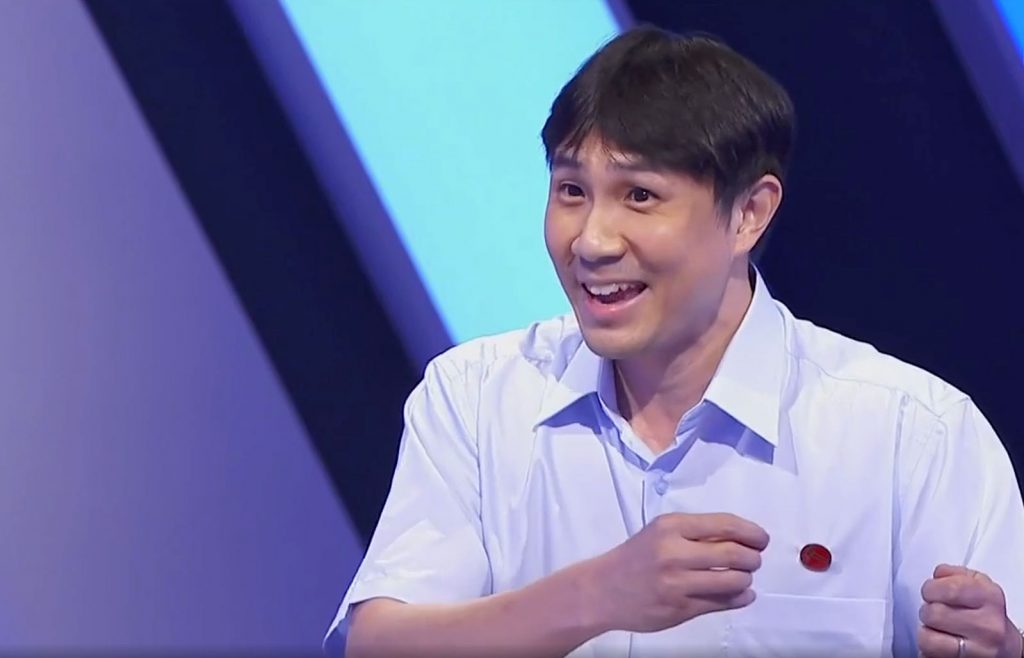
(Even the Progress Singapore Party’s Tan Cheng Bock has attempted to shed his “boomer” image and connect to younger voters by calling himself a “hypebeast”.)
While the Workers’ Party has built a solid online presence and fielded candidates with clear brands and personalities, the PAP seems to be way behind the curve. Their candidates feel like Stock images: bland, reliable, but replaceable. There have been very few new PAP candidates that the internet is excited about, with the possible exception of Desmond Tan (my mother wants to know what brand of face mask he uses; he does not look a day above forty).
The rare occasion that saw a PAP candidate try to be “relatable” backfired, when it unknowingly contravened ELD rules. I’m talking about the video of Minister Ong Ye Kung talking to a primary school boy which had to be taken down, because primary school and secondary school students are not allowed to participate in political activities. (Actually, how could the team not have known ah?)
For one, perhaps because they don’t see the point of this “game” at all.
The PAP has built a brand for itself as the party that guarantees technocratic competence. According to this view, building “likable” brands is secondary to good governance, and possibly even distracting. There is a deep suspicion of parties or candidates who try too hard to be likable. They might accuse these parties of being “populist”, or simply full of hot air.
The PAP has a clear preference for “do-ers” rather than “talkers”; at least, this seems to be what it prides itself on. The same arguments are trotted out to defend 4G’s choice of DPM Heng as our future Prime Minister. Despite his lack of oratorical charisma, his supporters point to his technocratic expertise and track record.
What the PAP needs to realize, however, is that politicians are not civil servants. The role and mandate of politicians is very different from that of unelected technocrats. You want people who can win hearts and minds, not just be able to balance budgets.
Whether the PAP likes it or not, social media politics is geared towards personality politics. The PAP leadership might not agree, or even be disdainful of this, but most people aren’t rational voters. Politics is not a civil service exam where one can simply rank parties on their manifestos according to a weighted criteria.
Instead, the PAP has come out to pooh-pooh personality politics, with Minister Shanmugam taking jabs at the WP for their “slick PR video” (green monster vibes much?). Their disdain for the politics of “likability” speaks to a kind of snobbishness that says, “Ah, but we are above personality politics. We have sound policies.”
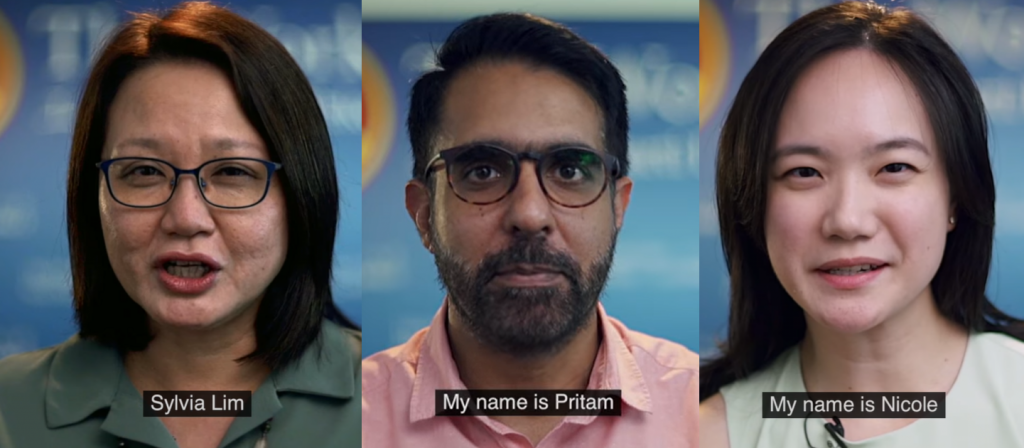
This is why Jamus Lim is so refreshing. He has the technocratic credentials and personal appeal. It doesn’t hurt that he looks like the economist-version of JJ Lin, his baby-faced smile spawning legions of aunty fans (my mother included) about his “Oppa” image. (Question: do people like him because of or despite his centre parting?)
To emphasize, I’m not saying that we should pivot towards personality politics. In fact, I’m glad that for now, the median Singaporean voter still seems to care about competence and concrete policies. To pull a PAP and cite Lee Kuan Yew, “this is not a game of cards”. I am glad our electoral process has not descended into US-style personality politics, or like some of Europe and Latin America, where comedians become elected as Presidents amidst a populist uprising.
Above all, I want my politicians to be capable and honest, not just media-savvy and good with memes. Politics should not be a beauty contest or pageant show (and let’s stop this gendered and sexist ranking of female candidates on their fashion choices, @AsiaOne).
What I am saying is that this pivot is somewhat inevitable in a media-saturated age. The PAP needs to take social media and PR seriously, or risk becoming irrelevant. It needs to recognize that it has an image problem, at least with younger voters and those who are internet-savvy.
This extends not just to individual candidates, but how the party markets its policies. From a progressive point of view, they actually have several great policies. For example, under various reforms to preschool education such as the Anchor Operator Scheme and Partner Operator Scheme by ECDA, quality preschool education has become much more affordable for all families.
Dual-income households with monthly household incomes of $3,000 only pay $3 (!) a month for full-day childcare services with anchor operators after enhanced subsidies. This is actually pretty incredible and marks a big shift towards equalizing starting points. Yet, I haven’t heard any PAP candidate use this as a media sound bite when talking about the PAP’s progressive policies. (To be fair, Desmond Lee has appeared on a Gov.sg video sharing about preschool policies. The problem is, I doubt many young people are watching gov.sg videos).
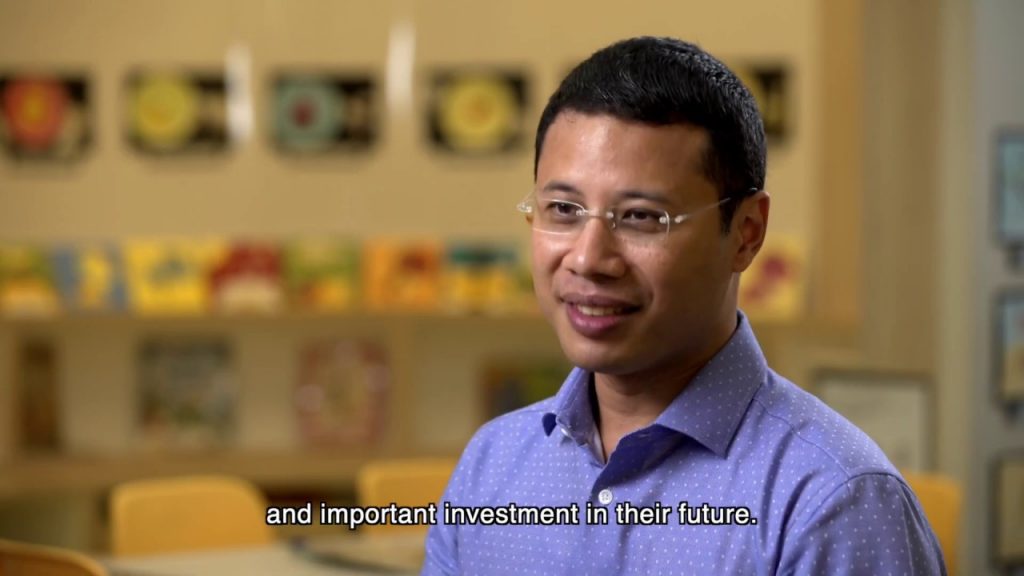
Of course, the PAP suffers from the natural disadvantage of being the incumbent party. It is very hard to be “cool” when you’ve built a brand for yourself as technocratic and competent, if boring. On the other hand, it is infinitely sexier to be the underdog, fighting for progressive causes like civil liberties and reducing income inequality.
There are also trade-offs. Veer too much towards “personality politics”, and people might accuse you of pandering to voters, instead of focusing on policy objectives. From a party perspective, you might also not want to give your party members too much room to build their own personalities. This might lead to the inflation of egos or build resentment about unequal public popularities, that might not necessarily map on to technocratic competence or other capabilities (such as their ability to gain the trust or support of their colleagues). This would not square well with a party that emphasizes party discipline and unity over individualistic politics.
And while there is no point having the best policies in the world if you cannot communicate them simply and effectively to the general public, reducing complex and nuanced policies to pithy slogans risks over-simplifying them. The (un)fortunate reality is, not everything can be reduced to an Instagram infographic. It’s a case of damned if you do, and damned if you don’t.
At the heart of the issue is this: we want our politicians to be competent technocrats, but we also want them to be likable. (*Cue* Tharman). In the social media age, party brands and political candidates’ images matter. Younger voters like myself want a candidate they can get behind, and excited about. I don’t mean that they should manufacture “authenticity”. But it doesn’t hurt to show your more human side as well, even if you can’t fake your way to charisma.
Take the most recent case of DPM’s infamous “East Coast Plan” speech.
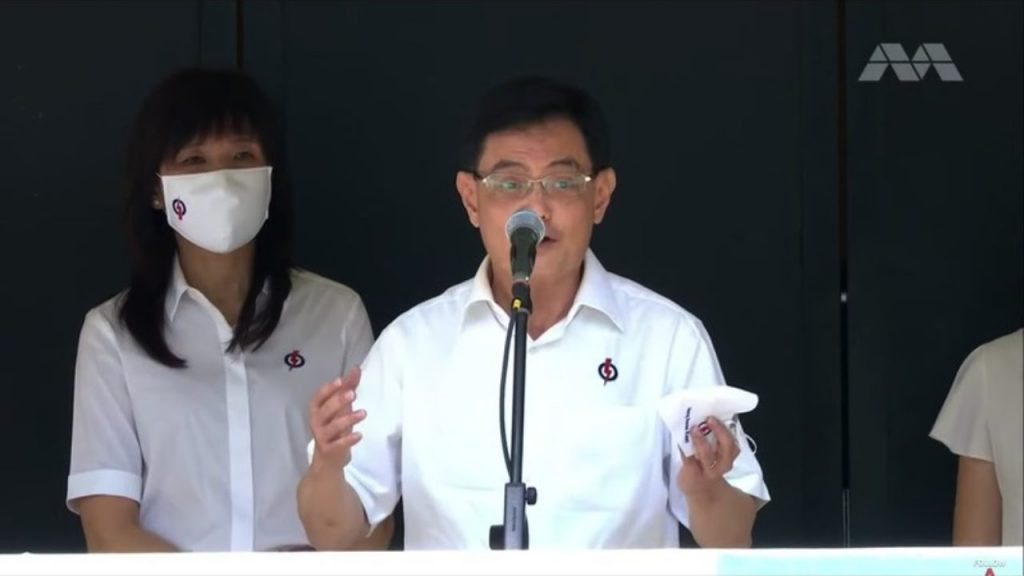
It could even have enhanced his image as an endearing, if occasionally bumbling, technocrat who is a superb policymaker but lacking orator (after all, the role of a parliamentarian isn’t just that of a smooth debater or even policymaker or community builder, but also comprises the significantly less sexy jobs of being municipal administrators, estate managers, and so forth).
Instead, he limply shouldered on, and made no reference to his slip-up. Meanwhile, the internet went on fire, amplifying his mistakes in memes.
If the PAP continues to frown on personality politics, and view PR as unimportant or distracting, they risk losing the younger voters to the WP, which has built a progressive brand of inclusive politics for itself.
Of course, we don’t want to overestimate the influence of the young, progressive vote. We make the most noise on social media in part because we are disproportionately active on social media and staff several media agencies. A significant chunk of voters, particularly older ones, don’t use social media regularly, if at all. The media landscape continues to be fragmented (just look at the various tabloids in different language spheres and you’ll see what I mean: different issues get different coverage) and the progressive vote is only a small sliver of the overall electorate.
And who knows? Maybe people prefer vanilla technocracy. Only time will tell.
Have a lead for a GE related story? Send it to community@ricemedia.co.
